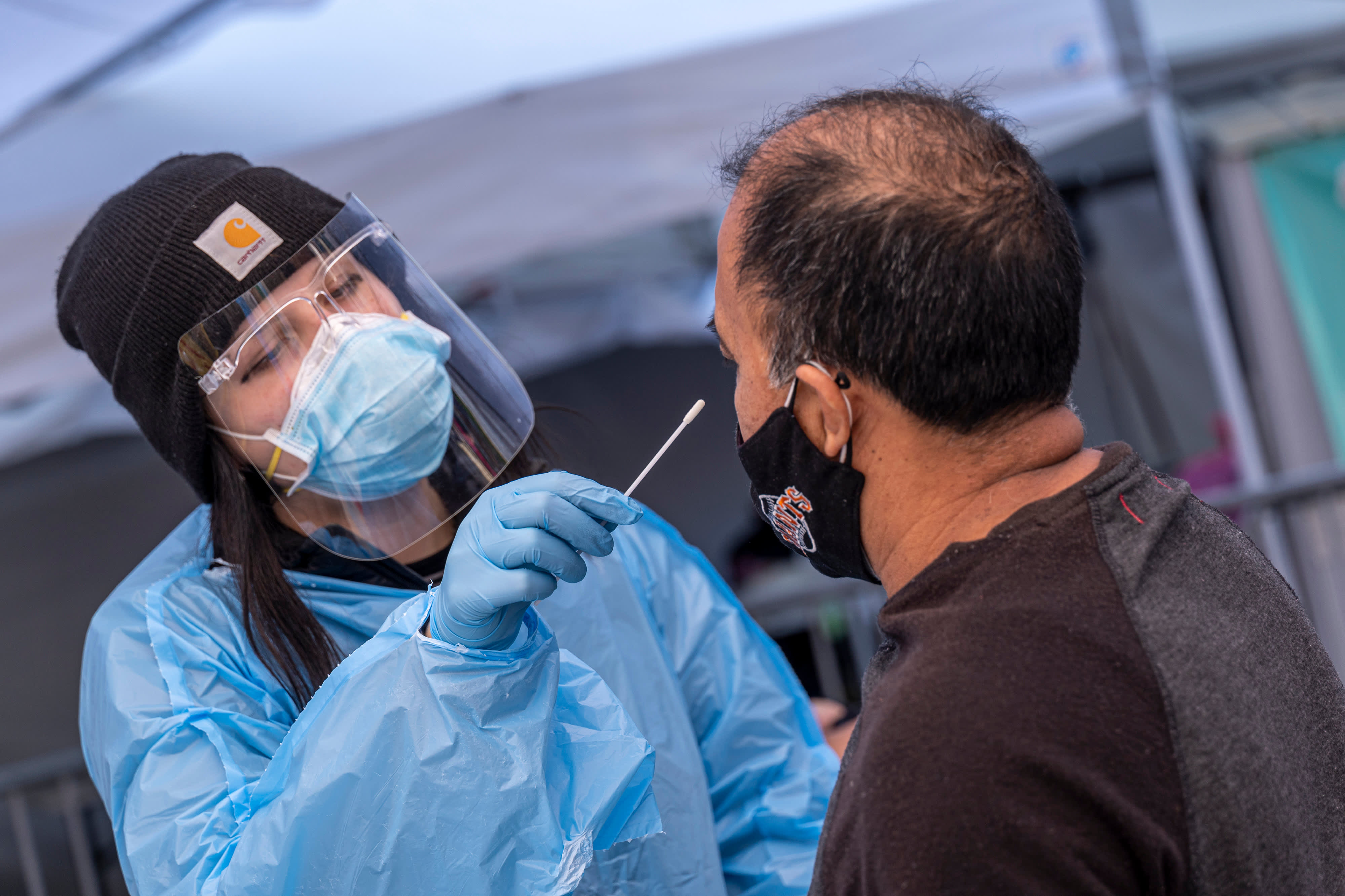While most people who contract COVID-19 only develop mild or moderate symptoms, some can experience lingering effects for months, and that includes children, too.
A study conducted by Lurie Children's Hospital in Chicago, the University of California Davis School of Medicine and the University of Calgary found nearly 10% of hospitalized children reported symptoms of long COVID in the months after first contracting COVID. A post-COVID condition, long COVID is defined as symptoms that persist or return three months after an initial infection, according to the World Health Organization.
The symptoms may have an impact on a person's everyday function, although they may come and go, according to the study, which was published in the Journal of the American Medical Association Friday.
As part of the eight-country study, researchers examined 1,884 children who initially presented to the emergency department had a 90-day follow up. Long COVID was found in nearly 10% of those who were hospitalized and 5% of children discharged from the emergency department. Risk factors for the post-COVID condition included an initial hospitalization of 48 or more hours, four or more symptoms at the initial emergency department visit and being at least 14 years of age or older. The most reported persistent symptoms were fatigue or weakness, cough, difficulty breathing or shortness of breath, according to researchers.
Researchers' findings that children who had multiple COVID-19 symptoms initially were at higher risk for long COVID is consistent with studies in adults, said Dr. Todd Florin, a pediatrician at Lurie Children's Hospital and study principal co-investigator.
"Unfortunately, there are no known therapies for long COVID in children and more research is needed in this area," he stated. "However, if symptoms are significant, treatment targeting the symptoms is most important. Multidisciplinary care is warranted if symptoms are impacting quality of life.”
Feeling out of the loop? We'll catch you up on the Chicago news you need to know. Sign up for the weekly Chicago Catch-Up newsletter here.




